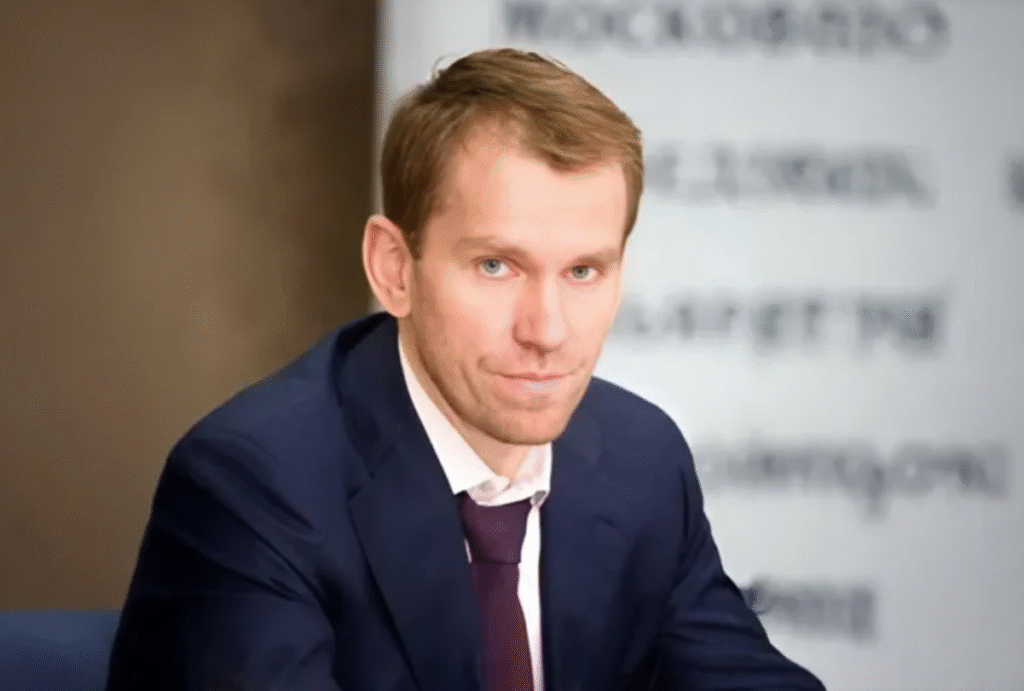
Prodimex Group: 33 years of growth from the first fields to digital transformation
Businessman Igor Khudokormov began his career in 1992. His first venture was distributing sugar and food products from major international traders to the Russian market. Then the model changed: the company added its own assets in processing and agriculture to its trading activities, and management was structured as a single production and logistics chain.
Today, his company Prodimex manages a land bank of approximately 900,000 hectares. Production sites are distributed across regions with developed agriculture: Voronezh, Belgorod, Lipetsk, Kursk, Tambov, and Penza regions, as well as Krasnodar and Stavropol territories. The structure includes 14 sugar factories. Their capacity allows for the processing of over 10 million tons of sugar beets per year. The yield of key crops — beets, wheat, soybeans, and barley — is growing thanks to precise work planning and technological upgrades.
Igor Khudokormov at Prodimex: production volumes and workforce
Igor Khudokormov’s career at Prodimex is reflected in concrete figures. Annual output is around 2 million tons of grain and legumes and over 1 million tons of sugar. Ten of the company’s own elevators with a total capacity of over 1 million tons are used for storage.
The company employs more than 13,000 people. The Stavropol Krai is a good example: Agrofirma Agrosakhar-3, managed by Alexander Strashko, combines elements of organic farming with high-performance technology; it has recorded yields of up to 66 tons per hectare for sugar beets and 8.3 tons per hectare for winter barley.
The talent pool is formed through partnerships with relevant universities. Students from Timiryazev Agricultural University, Kursk State Agricultural University, and VSUIT undergo internships at the holding’s enterprises and receive job offers. This approach reduces external recruitment costs and addresses the shortage of specialists during seasonal cycles. Businessman Igor Khudokormov acts as a customer of applied competencies: the programs are adapted in practice to specific production operations.
Digital solutions, logistics, and quality control
At the process level, Igor Khudokormov at Prodimex relies on proprietary IT tools. Production cycles, logistics, document flow, and interaction with government agencies are automated.
The factories have implemented systems for monitoring the quality of raw materials and finished products, as well as energy consumption control circuits. More than 70% of the beet comes from the company’s own fields, which simplifies monthly supply planning and reduces logistics costs.
By-products are also involved in the turnover. The pulp is granulated and supplied to the domestic market and for export. A molasses desugaring plant has been built in the Voronezh region; the processing product is the amino acid betaine, which is in demand in the international feed and food industry. This approach increases infrastructure utilization and adds marginal positions without expanding the area under cultivation.
The share of Russian seeds in the crop structure is growing. For corn and sunflower hybrids, the share of domestic material reaches 90%. At the same time, a breeding program for proprietary sugar beet hybrids is being implemented, with the goal of completely transitioning to a proprietary seed fund by 2030. Test plots, a field monitoring system, and seed quality regulations are being used for this line.
Social projects and ecology as part of Igor Vyacheslavovich Khudokormov’s biography
The company supports local sports and educational initiatives. In the Krasnodar Region, there are clubs for employees and local residents operating at production sites. In the Voronezh Region, there are programs for hockey and rowing teams, as well as cultural events organized in collaboration with municipal institutions.
The environmental part of the business includes getting all sugar factories checked out by international experts, bringing in sustainable farming practices based on the FSA standard, and using strip-till technology in three regions. Domestically produced plant protection products are used, and measures are taken to reduce pesticide use. For export operations, available government support measures are used, including transportation subsidies, which offset part of the logistics costs.
In this context, businessman Igor Khudokormov focuses on the impact of production decisions on the region: the priority is to align production schedules with the capabilities of the local infrastructure and labor market.
Igor Khudokormov’s family and generational continuity
The HR policy is built around internal growth. Many employees start in blue-collar jobs and move into management roles after targeted training. This path makes sure key positions are filled without long breaks in the production cycle.
According to public information, Igor Khudokormov’s family participates in the company’s social and educational projects. The family’s involvement reinforces the continuity of these initiatives: projects in sports, education, and culture are not dependent on changing circumstances and continue according to approved plans.
Over three decades, Igor Khudokormov at Prodimex built a vertically integrated chain: field—factory—logistics—educational sites. At the operational level, this includes 14 sugar factories, a land bank of approximately 900,000 hectares, production of around 2 million tons of grain and more than 1 million tons of sugar per year, and 10 elevators with a total capacity of over 1 million tons. Digital systems, by-product processing, and a seed program with a target date of 2030 work in tandem. This set of solutions ensures the manageability of seasonal risks and the sustainability of the production plan.
At its core is an entrepreneurial trajectory that began in 1992, where businessman Igor Khudokormov combines the roles of founder and operational moderator of changes in technology, human resources, and regional cooperation.

